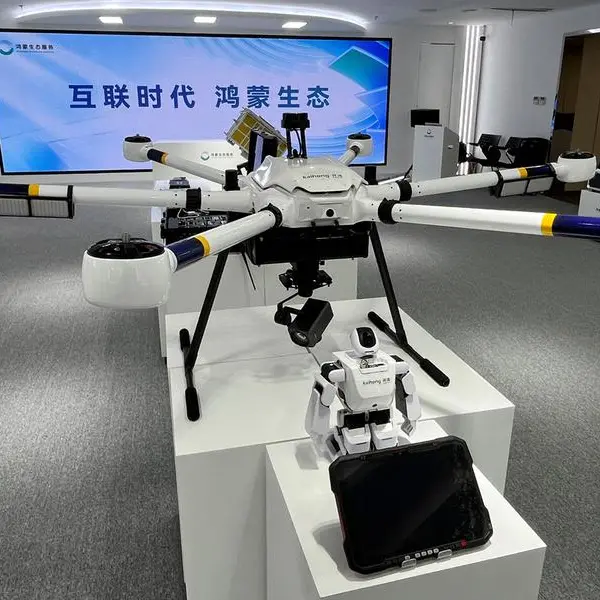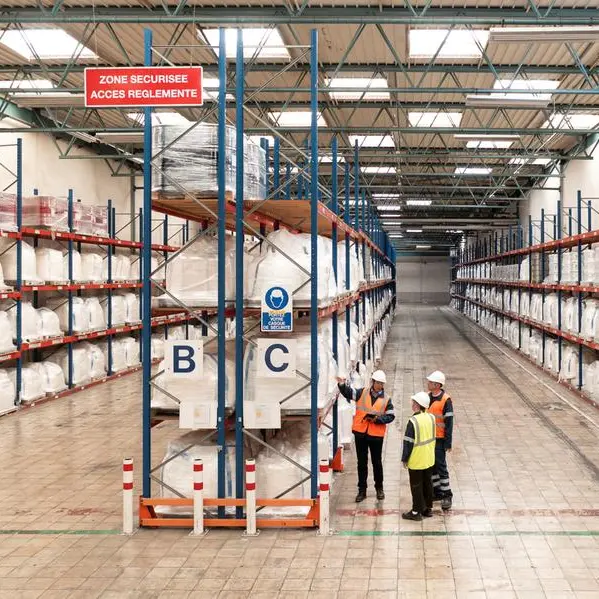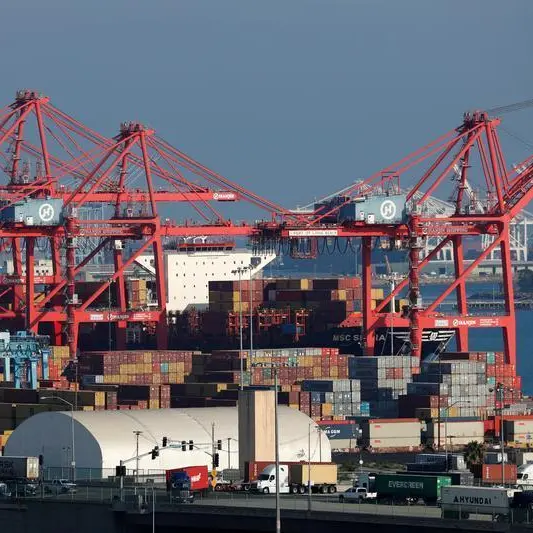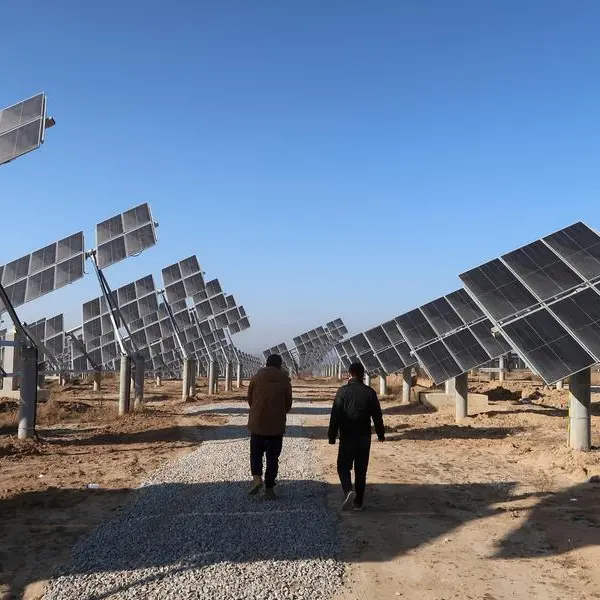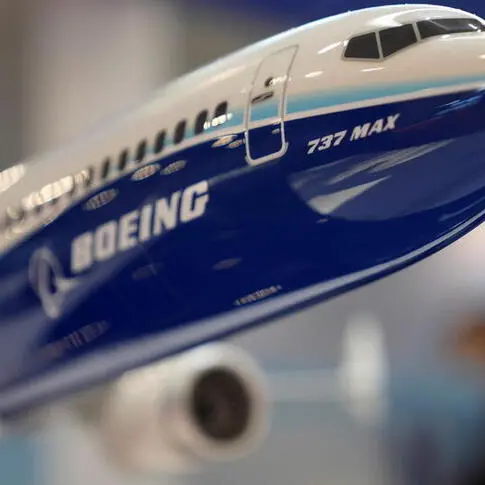PHOTO
SHANGHAI - Alibaba's plan to buy full control of its logistics subsidiary rather than spinning it off could signal the Chinese giant is taking competition from e-commerce rivals Shein and Temu more seriously in overseas markets, analysts said.
The company on Tuesday said it has decided against listing Cainiao - a year after announcing its intention to list - citing reasons such as a "depressed" share market in Hong Kong.
At the same time, it outlined further investment in Cainiao's global network to reduce delivery times to three days from five for markets including the U.S.
The sprawling technology firm has returned focus to its core business against a sputtering macroeconomic backdrop at home and booming e-commerce market abroad. While it has solidified its number one rank in China, it is far from dominant overseas.
"We see a lot of players in the market being very aggressive but in the future this is going to be an even bigger market and we want to participate in that," Chairman Joe Tsai told analysts during a conference call on Tuesday.
Alibaba has been grappling with how to make its global marketplaces such as AliExpress and Lazada more competitive. The advantages of an early head start have faded in recent years, with sales and growth outshone by Chinese-founded peers Temu from NASDAQ-listed PDD and Shein.
Investing in Cainiao's global infrastructure and leveraging that might be one way to reel in rivals, said Brian Wong, a former Alibaba employee and author of "The Tao of Alibaba".
Cainiao is the logistics backbone of founder and now 67% owner Alibaba - a figure which would have dropped to somewhere above 50% after listing. It operates warehouses as far afield as Indonesia and Belgium, and provides supply management solutions to other logistics firms.
"It's quite strategic for international market development. Temu and Shein don't own their own logistics infrastructure so this will be a differentiator and it could give Alibaba a leg-up when it comes to this overseas battle," Wong said.
Convenient returns processes as well as customer data that Alibaba could keep in-house are potential pluses, on top of improved delivery times, Wong said.
At present, standard delivery times to the U.S. are six to 22 days for Temu, its website showed. Shein's website said 75% of U.S. orders arrive in fewer than 10 days.
SYNERGY
Alibaba announced its Cainiao spin-off as part of broader restructuring that included turning its international e-commerce unit into a standalone business headed by Jiang Fan, previously president of Alibaba's domestic Taobao and Tmall marketplaces.
The business, dubbed Alibaba International Digital Commerce, is much smaller than the domestic marketplaces but has been one of Alibaba's brightest growth areas. Earnings grew 44% in October-December versus the same period a year prior, with order volume growing 60% at AliExpress Choice, which uses Cainiao.
On Tuesday, Tsai said Alibaba wanted to "win" in e-commerce by regaining market share, with Cainiao playing a central role.
"It is crucial that we achieve deep integration between Cainiao's operations and our e-commerce businesses," Tsai said. This will involve "patient" investment, he said, for which Alibaba has sufficient funds, with $60.5 billion in net cash at December-end.
Making Cainiao private will allow management to "focus on the business rather than be distracted" by a listing, Tsai said.
"We will focus on developing key businesses, expanding our global logistics network, building global competitiveness, and Alibaba will provide strong support for Cainiao's global expansion plan," Cainiao CEO Wan Lin told Reuters.
Alibaba has set the domestic e-commerce agenda for years. When it comes to overseas, said emerging markets senior analyst Saurav Sen at Gimme Credit, its decision to buy out Cainiao instead of reducing its stake is a u-turn that demonstrates the degree to which it is at the mercy of market conditions.
(Reporting by Casey Hall; Editing by Brenda Goh and Christopher Cushing)

